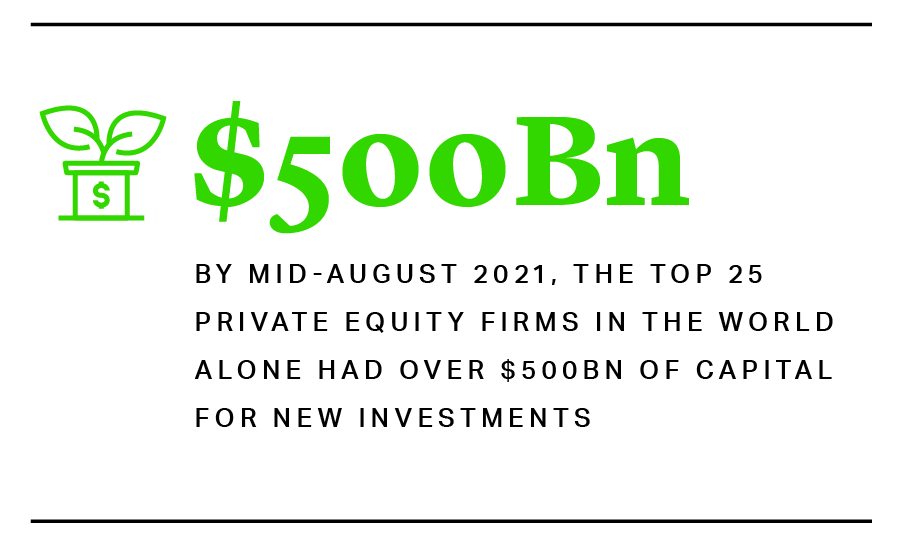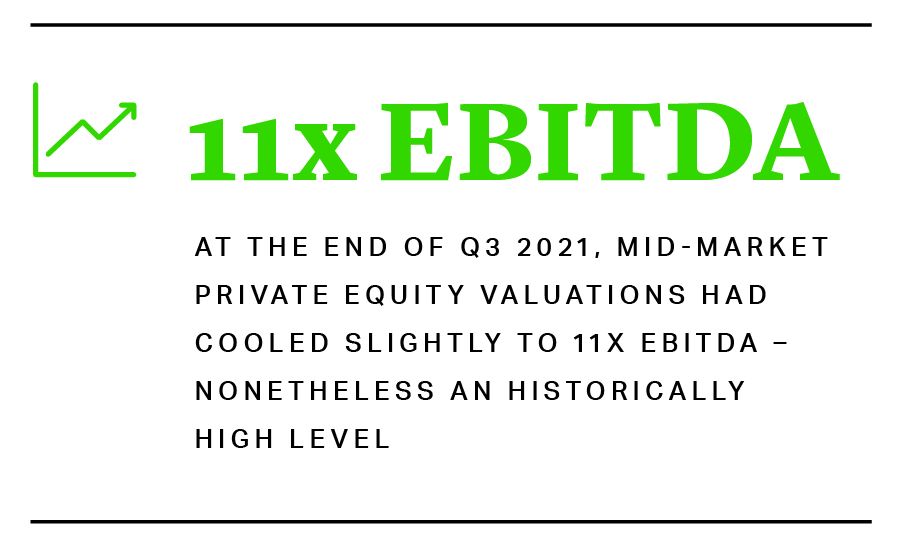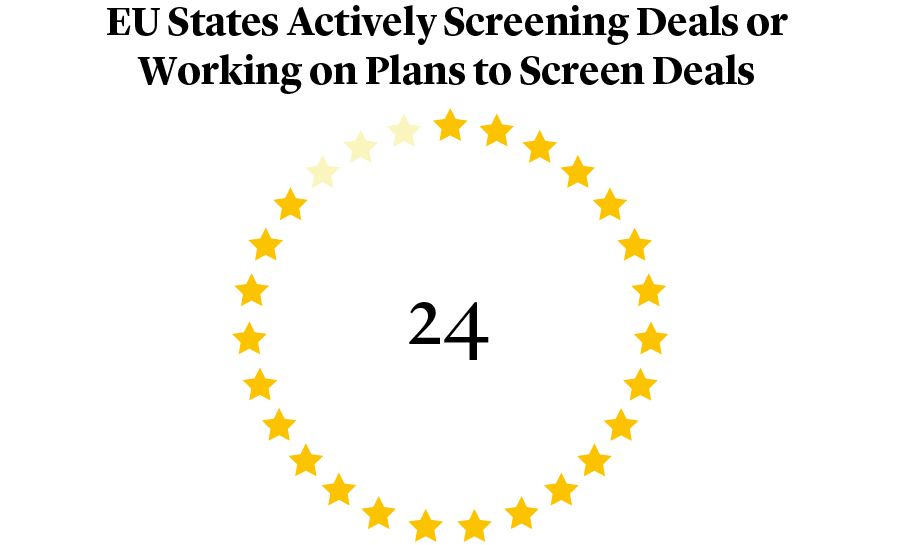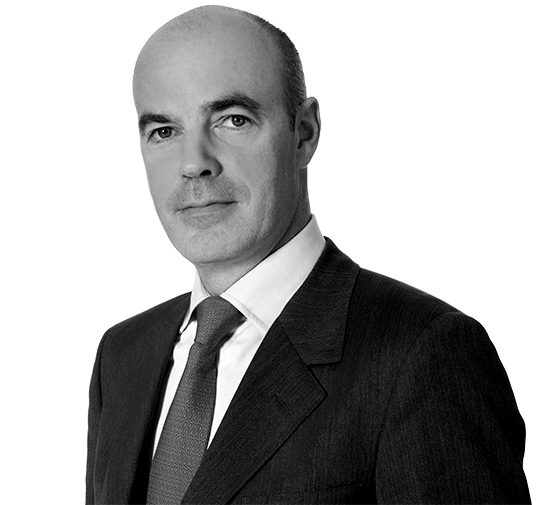2022 Private
Equity Outlook

The end of 2021 has brought reminders that COVID-19 is not entirely behind us. A new virus strain has prompted new restrictions, ranging from compulsory mask-wearing to quarantine for travellers, curbs on leisure activities, and even mandatory vaccination in Austria. But 2021 was a story of momentum, with global private equity buyouts reaching $814bn for the year, a figure almost matched by $796bn of venture capital investment, according to Preqin data. The resources and confidence driving these figures should remain in place as we start 2022, with investors prepared to look through short-term disruption at businesses with long-term potential, while continuing to invest heavily in sectors that have benefited from disruption, in particular tech.

Private Equity Assets and Investment Will Expand Further
The acceleration in private equity and venture capital investment has been fuelled by investor appetite with fundraising and levels of dry powder driven to new highs. By mid-August 2021, the top 25 private equity firms in the world alone had over $500bn of capital for new investments, with the broader industry sitting on almost $2.3tn of unspent reserves, according to data from S&P Global Market Intelligence and Preqin1. That volume of capital will ensure that investment momentum continues. New flagship funds coming to market will add to dry powder and potentially break records, with Advent International reportedly seeking $25bn for its next fund2, while Blackstone could aim as high as $30bn3, according to reports.

Cross-border deal flow is likely to return to pre-pandemic levels by the end of 2022, driven in part by looser travel restrictions. Investment in technology will continue to thrive. The healthcare sector also benefits from secular tailwinds and is likely to increase its share of overall private equity investment. However, private equity is seeing opportunity in many places. KKR’s €33bn bid for Telecom Italia – at a 45% premium to the company’s share price – illustrates private equity appetite for telecoms firms that are relatively unloved by public investors4. There will be similar interest across cash-generative businesses in sectors like industrials and chemicals, as well as a broader range of recovering subsectors. A growing interest in ESG and environment-conscious investment will also feature more prominently in the deal pipeline.


Pressure to Invest to Drive Prices and Creative Sourcing Options
Dry powder will inevitably lead to greater competition and higher asset prices. At the end of Q3 2021, mid-market private equity valuations had cooled slightly to 11x EBITDA – nonetheless an historically high level – with a quarter of deals agreed at over 15x EBITDA, according to Argos Wityu’s European mid-market index5.

With prices high, private equity sponsors will be looking to identify ways to get early access to processes, as well as creatively sourcing deals bilaterally where possible. Undervalued targets, particularly among publicly listed companies across Europe, as well as companies lagging behind in digital transformation, will be in sharp focus. Distressed investment activity may also rise as government support is withdrawn, inflationary pressures bite and interest rates start to increase. Increased rigour from antitrust authorities, as well as a focus on core business by corporates, may also drive an increase in spin-out and divestment opportunities.
Intensifying Macro Risks Raise Concerns
Decelerating growth rates combined with inflation will increase pressures on businesses, raising the risk of a return to recession or – at the very least – a period of stagnating economic growth. Such conditions – by no means certain – could switch focus to portfolio support, depressing new deal activity.
Rising public debt levels and energy volatility create other systemic risks, as do the threat of asset bubbles. The head of investments at the European Investment Fund, one Europe’s largest investors in venture capital funds, recently warned that valuations in the sector are high and that fast funding rounds mean that some investors are doing inadequate due diligence. A return to the conditions that followed the dot.com bust is unlikely, however6.
Supply chain disruption will weigh heavily on business, and some industries more than others. The autos sector – a major employer and contributor to GDP in Europe – is forecast to lose $210bn to chip shortages and commodity costs in 2021, according to research from Alix Partners7. Disruption is expected to continue throughout 2022 with many businesses across most sectors suffering from the additional pressure of labour shortages.


Regulatory Scrutiny Weighs on Foreign Investment
Rising corporation taxes and changes to the tax code, particularly regarding carried interest, could negatively impact private equity in the U.S. Political pressure to lift taxes and tighten up capital gains tax regimes will grow in Europe too as governments look to rebalance their budgets.
Regulatory oversight will also increase. The UK’s National Security and Investment Act came into force on January 4th 2022, while scrutiny is on the rise across Europe with 24 of 27 EU states actively screening deals – or working on plans to screen deals – by overseas buyers. Foreign direct investment into the EU fell by 71% to €98bn in 20208, and while capital flows are likely to recover from pandemic-induced lows, some European companies may shun foreign investment if they are in areas likely to attract scrutiny.

ESG Agenda Shapes Investment and Opportunities
ESG will continue to play a key role in the European private equity landscape. Level 2 disclosures under the Sustainable Finance Disclosure Regulation have been postponed until July 2022 but will increase the reporting requirements on fund managers operating in the EU. Firms should also expect increased demand from investors for more detailed ESG reporting.
According to Coller Capital research, more than three-quarters of investors expect their investment decisions over the next five years to be influenced by issues related to climate change and sustainability. However, stronger ESG approaches should also bring better rewards, with almost half of limited partners expecting that robust ESG policies will improve long-term returns9.

Michael J. Preston
Partner
London
T: +44 20 7614 2255
mpreston@cgsh.com
V-Card
Gabriele Antonazzo
Partner
London
T: +44 20 7614 2353
gantonazzo@cgsh.com
V-Card
Michael James
Partner
United Kingdom
UK Core PE Group:
Extended Private Equity Practice:
Italy
Italian Core PE Group:
Extended Private Equity Practice:
France
French Core PE Group:
Extended Private Equity Practice:
Belgium
Belgian Core PE Group:
Extended Private Equity Practice:
Germany
German Core PE Group:
UAE































